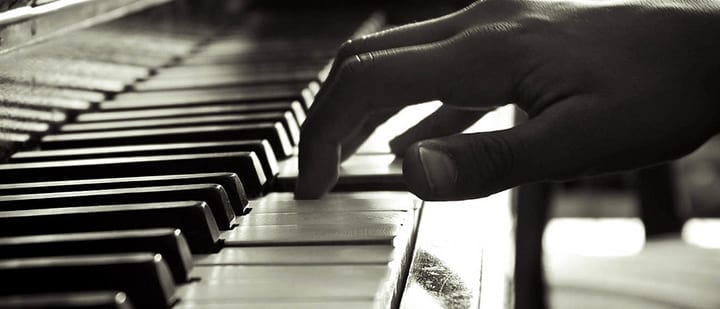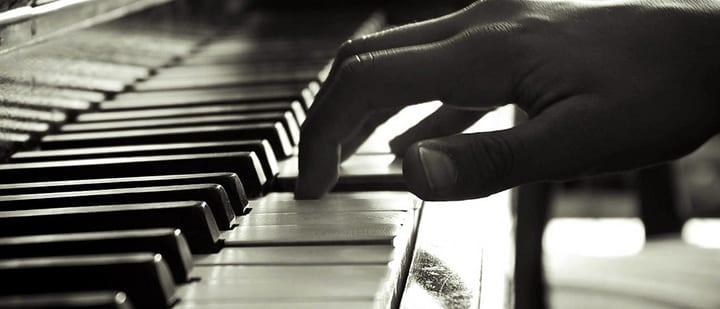 How can you be sure you’re progressing at the right pace as you’re learning to play the piano? Learn some ideas for testing your skills in this guest post by New York, NY teacher Nadia B...
How can you be sure you’re progressing at the right pace as you’re learning to play the piano? Learn some ideas for testing your skills in this guest post by New York, NY teacher Nadia B...
Sometimes it can be challenging to know where you stand with the piano. In daily practicing, you can lose sight of where you started and how much improvement has taken place over time. Testing your piano mastery is not only a way to learn where you stand, it’s also a way to earmark future improvement by identifying areas that can use improvement. Read on to discover simple and effective ways to assess your level.
One of the simplest ways to test your mastery is to play something you already know well. Choose a piece you feel confident with, and then play the piano piece a few different ways:
• from memory
• at a much slower tempo, and at a faster tempo
Playing a piece in the above ways will show you how well you were able to master a particular piece, which most likely parallels your mastery in general of piano performance and practice. If you find that you are unable to play the piece at different tempos, this might suggest that you are relying too much on muscle memory instead of conscious practice. Likewise, if you are unable to play it at a faster tempo, which places a demand on your technical skills, this could be a sign that you could work to improve your technique. Playing at different tempos and from memory takes us out of our habitual practice mode of playing with the music in front of us, and at a certain tempo, and exposes areas that could use more work. It also shows us whether we are practicing intelligently and consciously, which is an important aspect of piano mastery.
To test your skills in a more direct way, try sight reading a piece of music you’ve never played or heard. This will test your coordination, musicianship, musicality, and much more. Are you able to play continuously, within the beat, with the correct notes and rhythms, in a musical way? You can even record yourself sight reading the music, and then listen to your rendition with the music in front of you to identify what you did well and what could use work.
Another way to test your mastery is to make the fundamentals a regular part of your practice routine as you play the piano. Spending time thoughtfully learning the fundamentals, like scales, good technique, and efficient posture, both tests and creates mastery. Seeing if you are able to play your scales at various tempos, without excess physical tension and with good technique, will demonstrate your mastery level of the fundamentals. If you aren’t able to play the fundamentals well, ask yourself what is standing in the way and dedicate more time to this particular area. Skill with the fundamentals guarantees that you will be able to then succeed at whatever you want to learn and play at the piano, by applying your understanding to each unique piece.
Performance is another means of assessing your level. By learning a piece with the intent to perform it, and then doing so, you will be able to evaluate your overall proficiency. Playing and performing with other players also tests important abilities at the piano. Lastly, some students like to enter competitions and examinations as a means of receiving a clear assessment of their abilities.
Finally, one of the most efficient ways to test your mastery is to ask your private teacher for feedback. He or she can offer you specific suggestions for improvement as well as assess your level. Teachers usually spend part or all of your first lesson evaluating your level to create a plan for progress and improvement. So start today, either on your own with the tips above, or by asking your current teacher or signing up for lessons.
 Nadia B. teaches flute and piano in New York, NY, as well as through online lessons. She acted as principal flutist of the orchestra and wind ensemble at California State University, Sacramento, and then went on to receive her degree in Music Performance from New York University. Learn more about Nadia here!
Nadia B. teaches flute and piano in New York, NY, as well as through online lessons. She acted as principal flutist of the orchestra and wind ensemble at California State University, Sacramento, and then went on to receive her degree in Music Performance from New York University. Learn more about Nadia here!
Photo by Dharmadoc2010
Suzy S.

